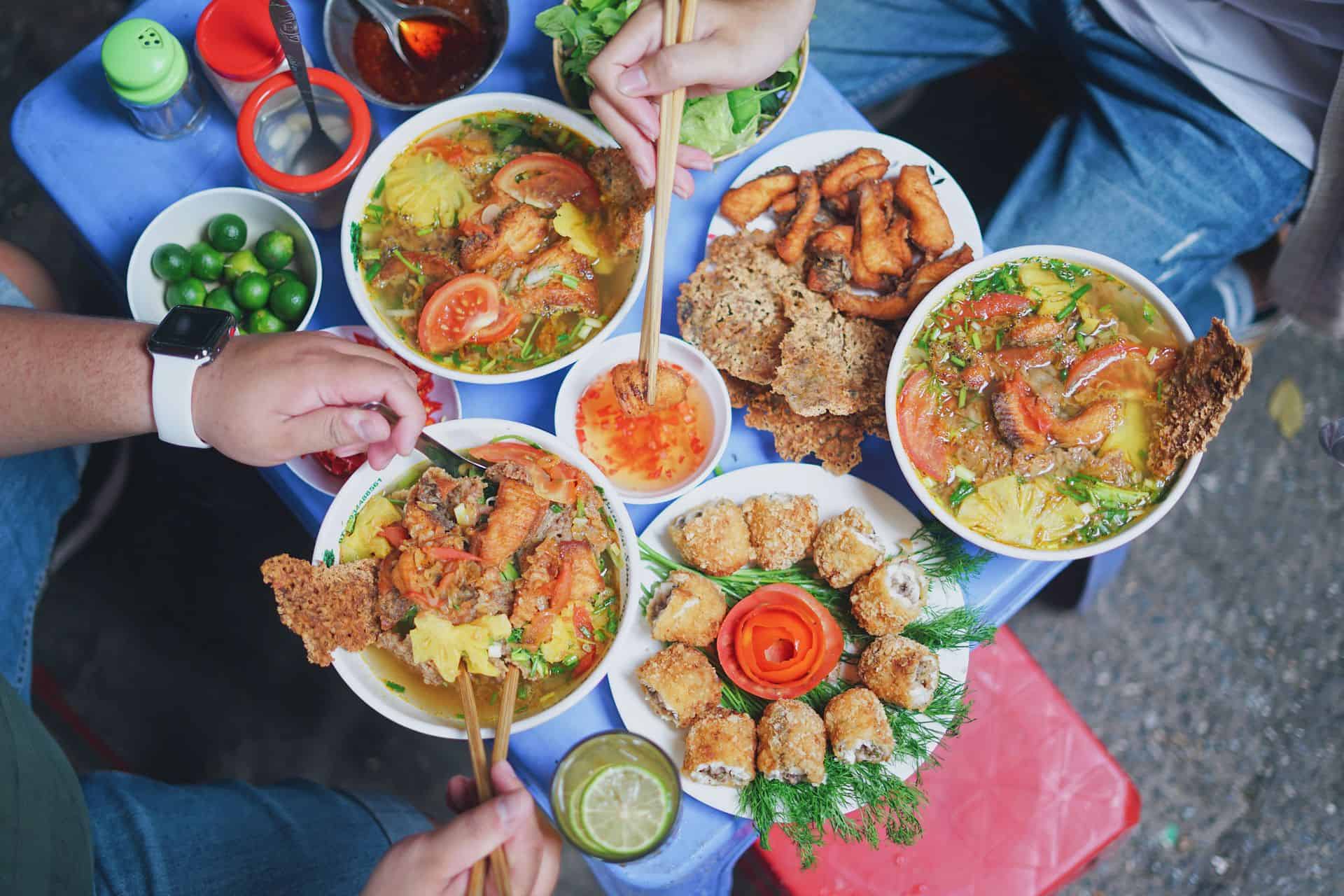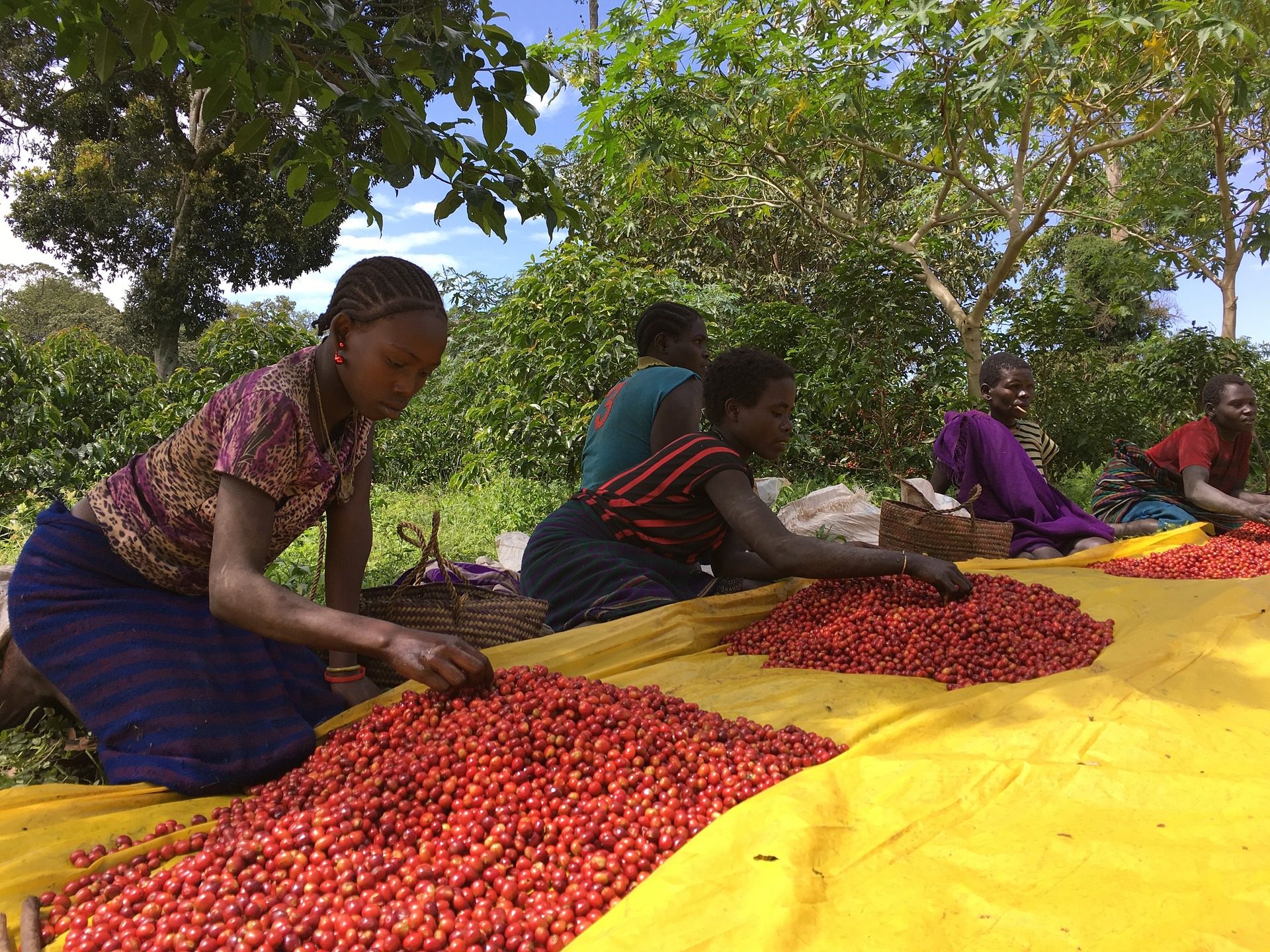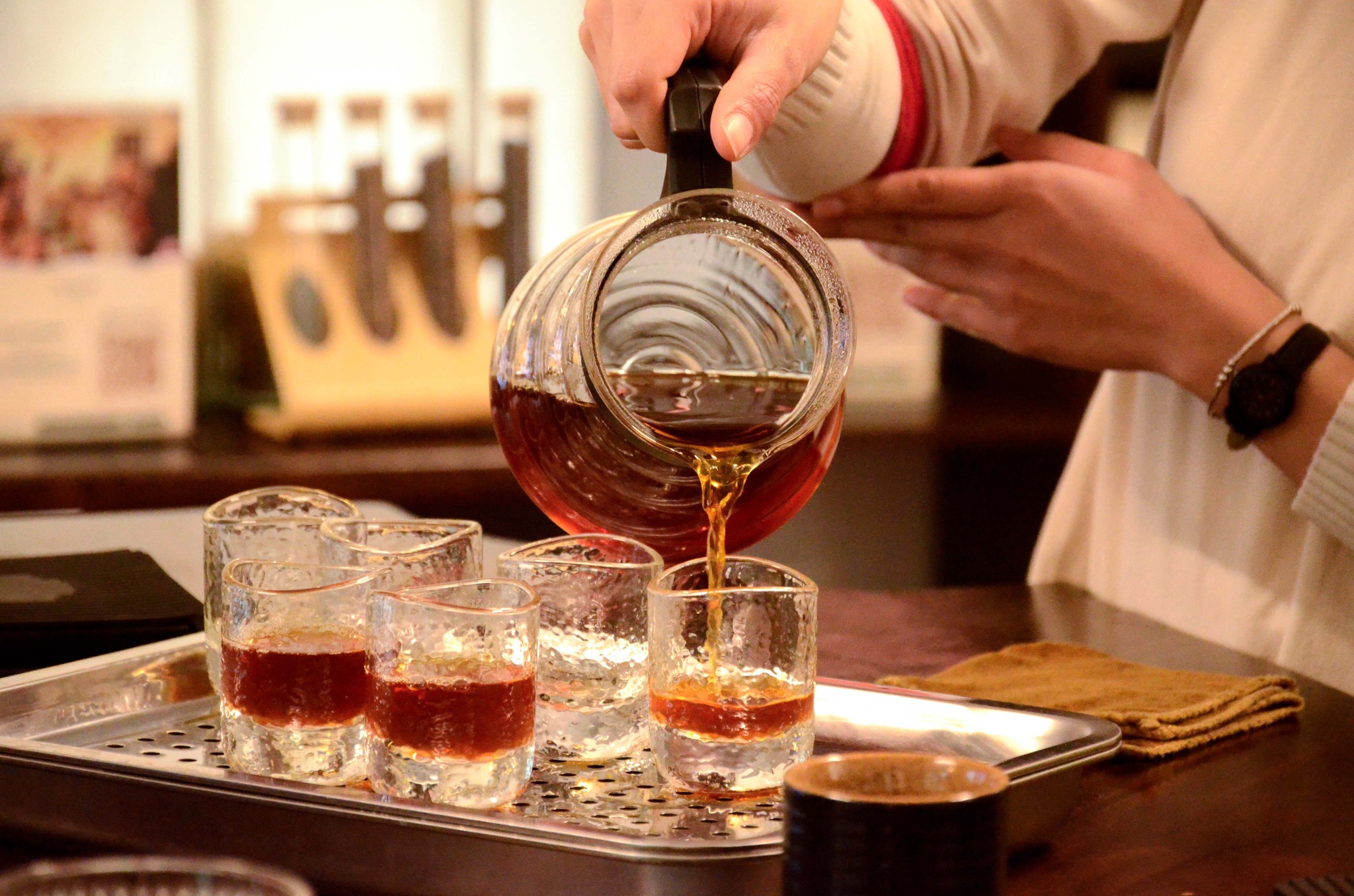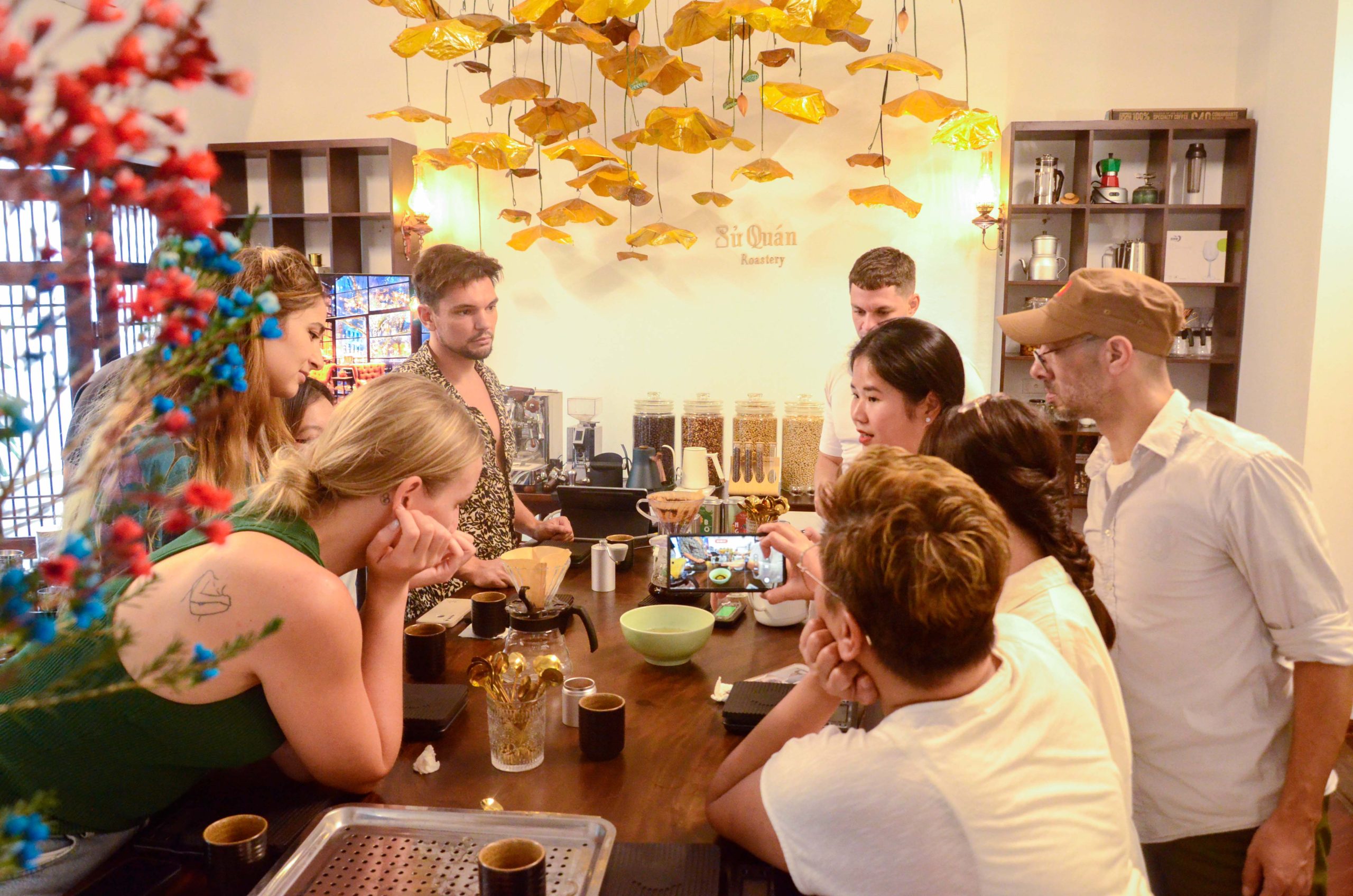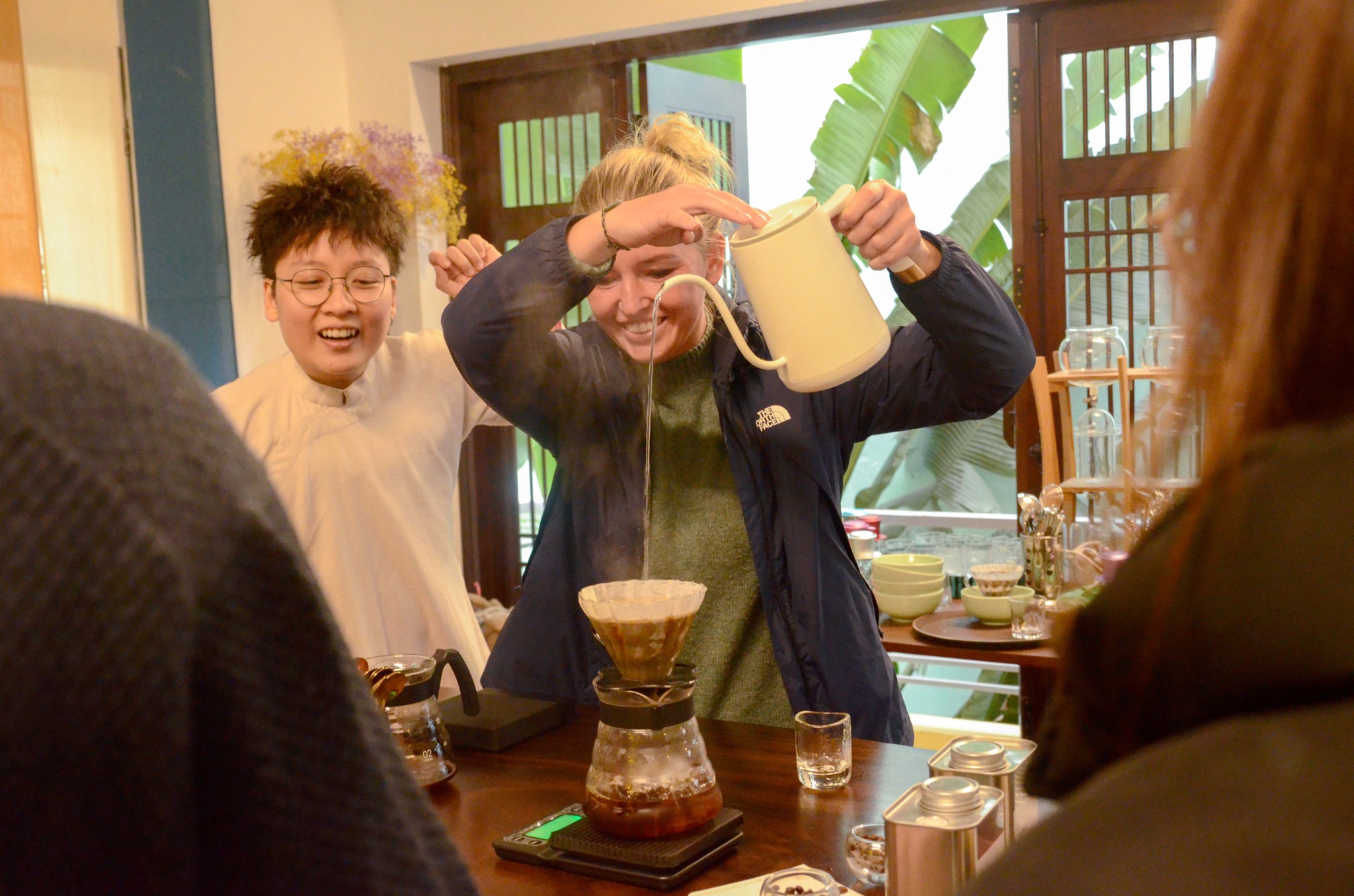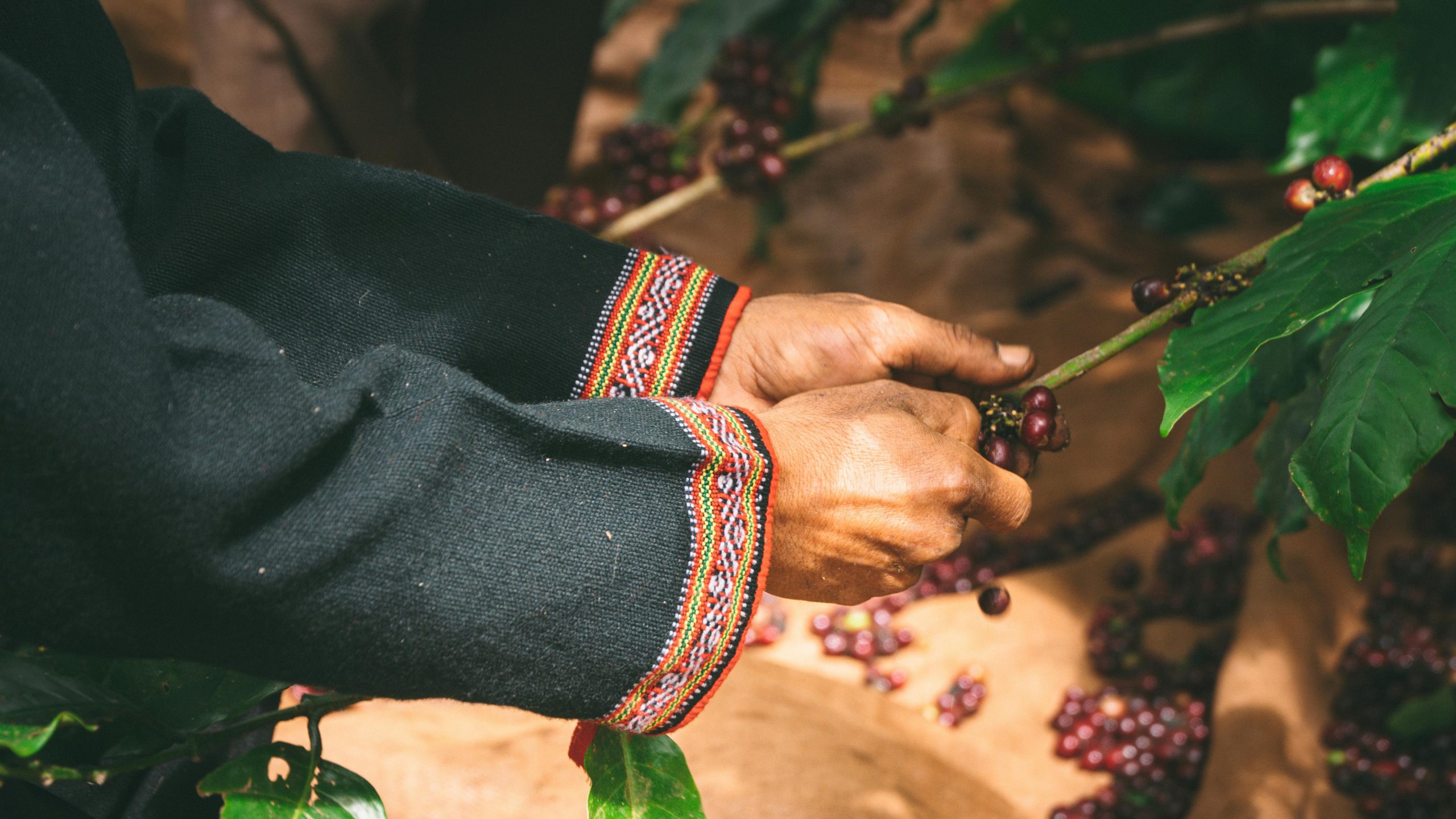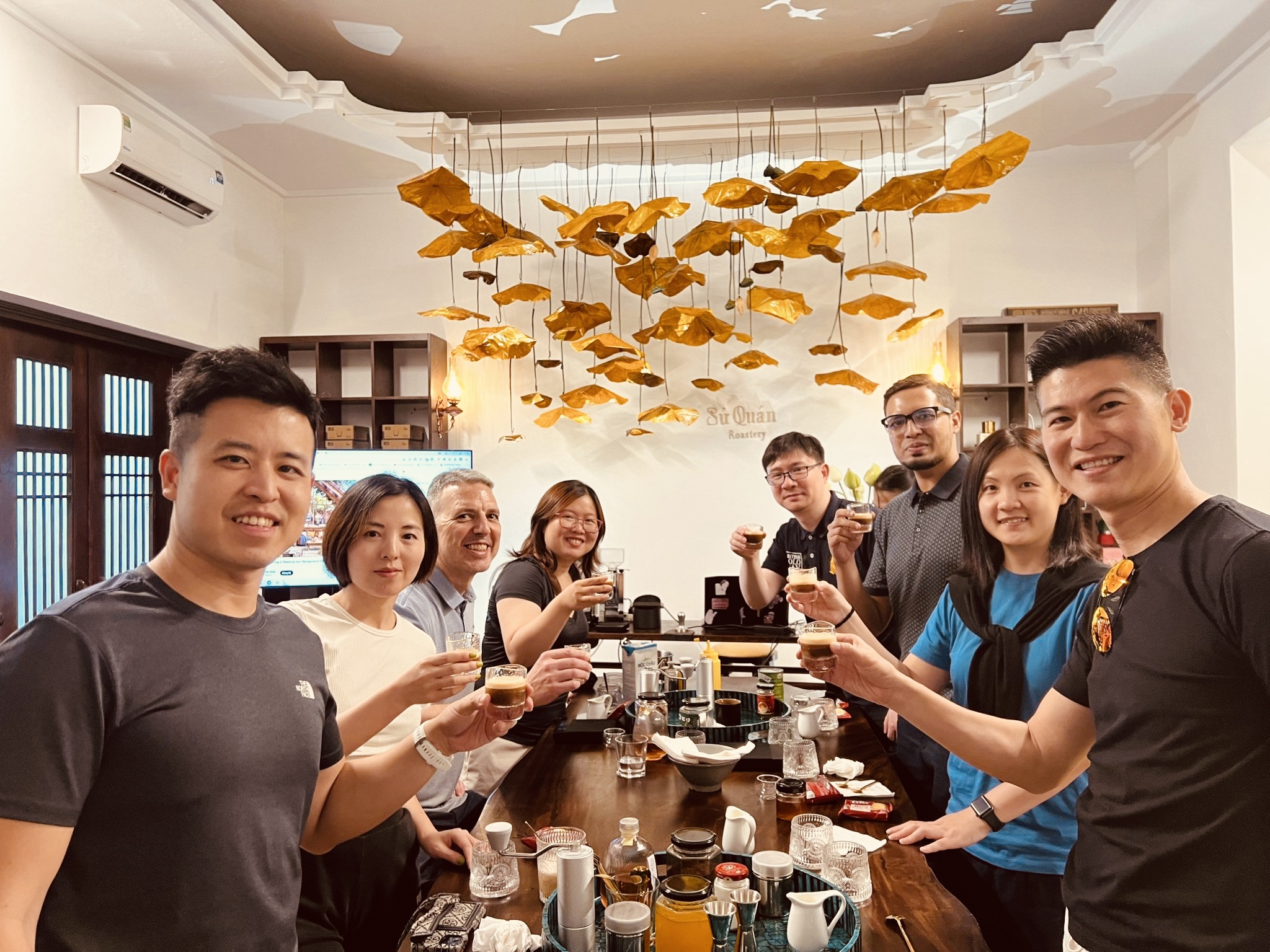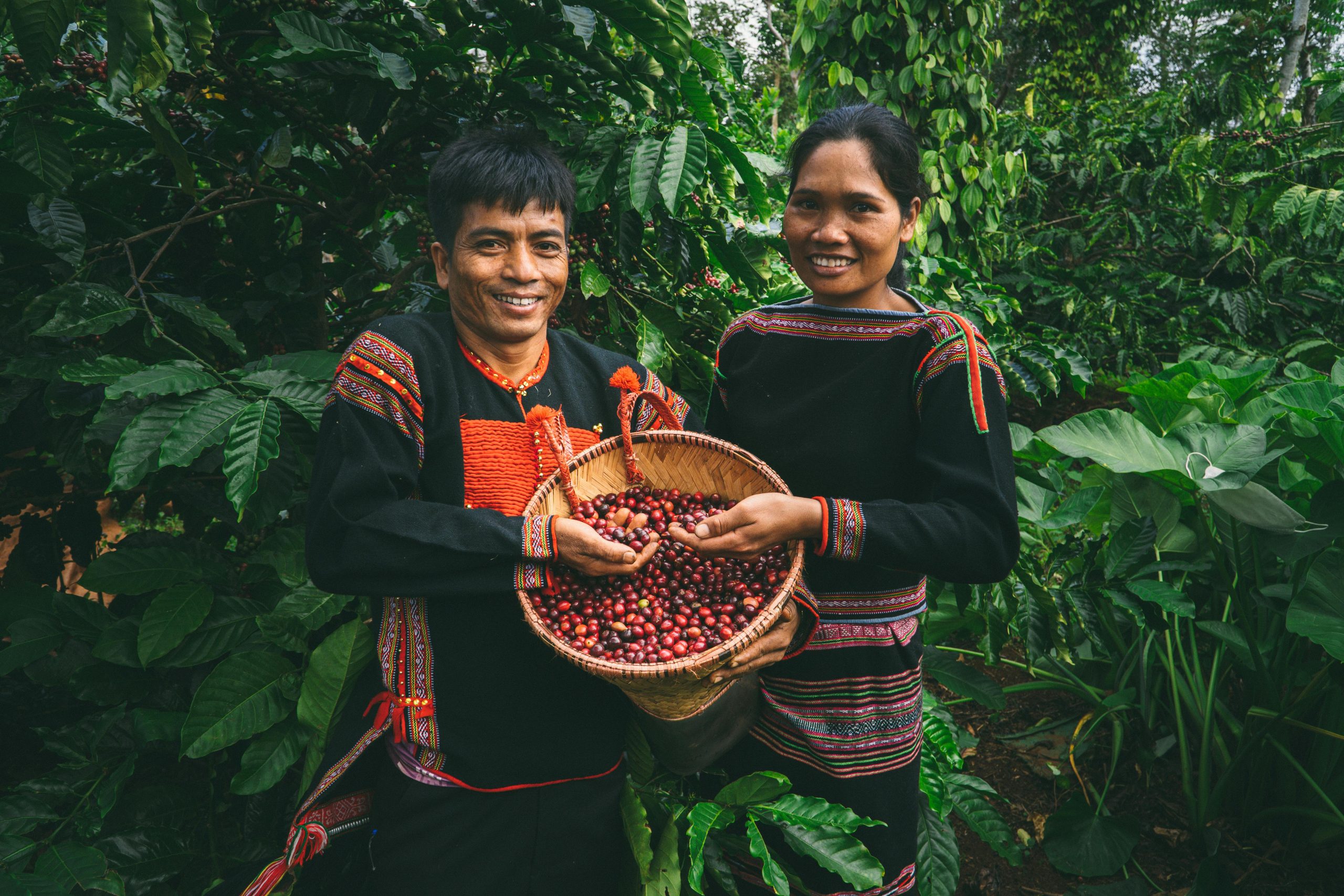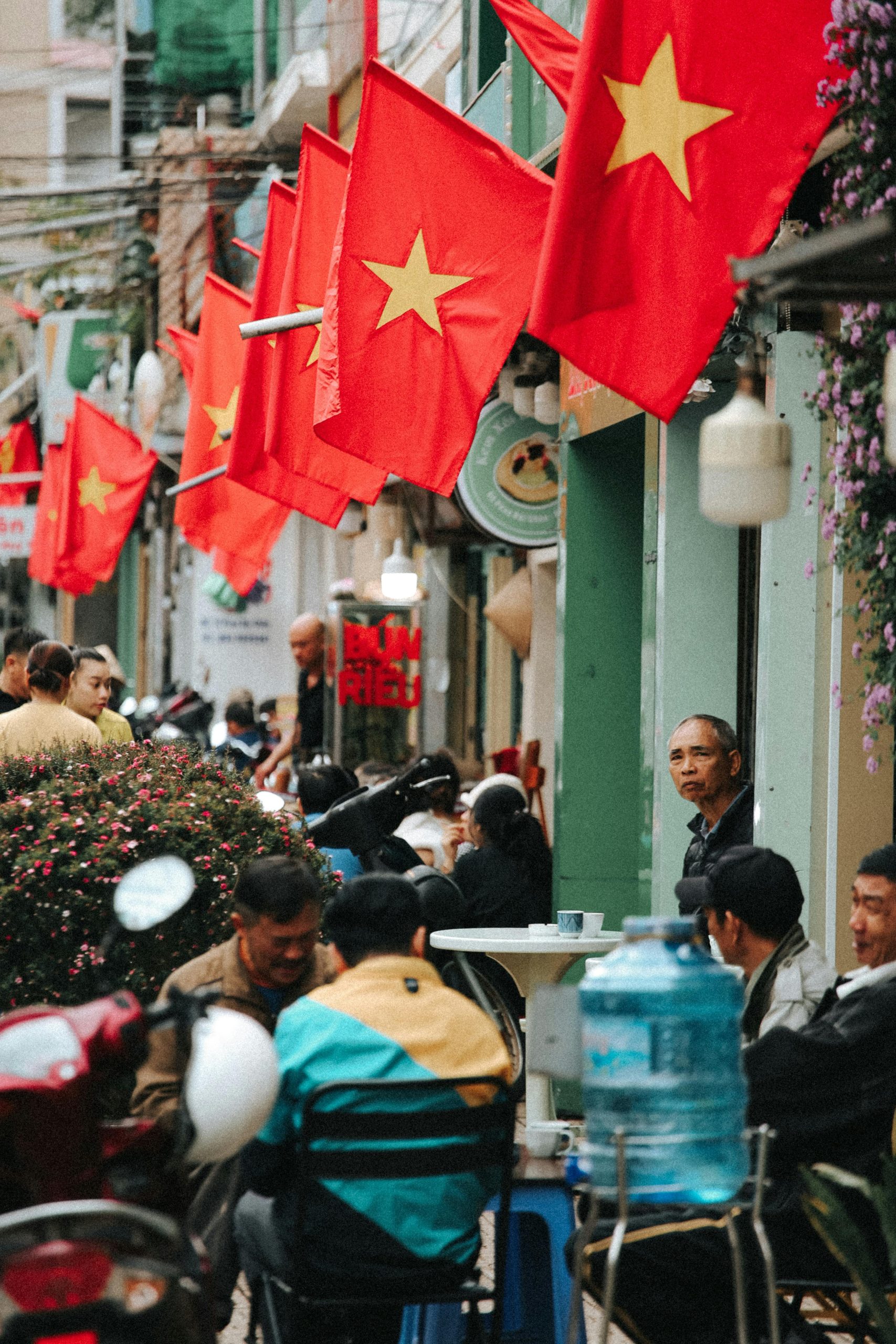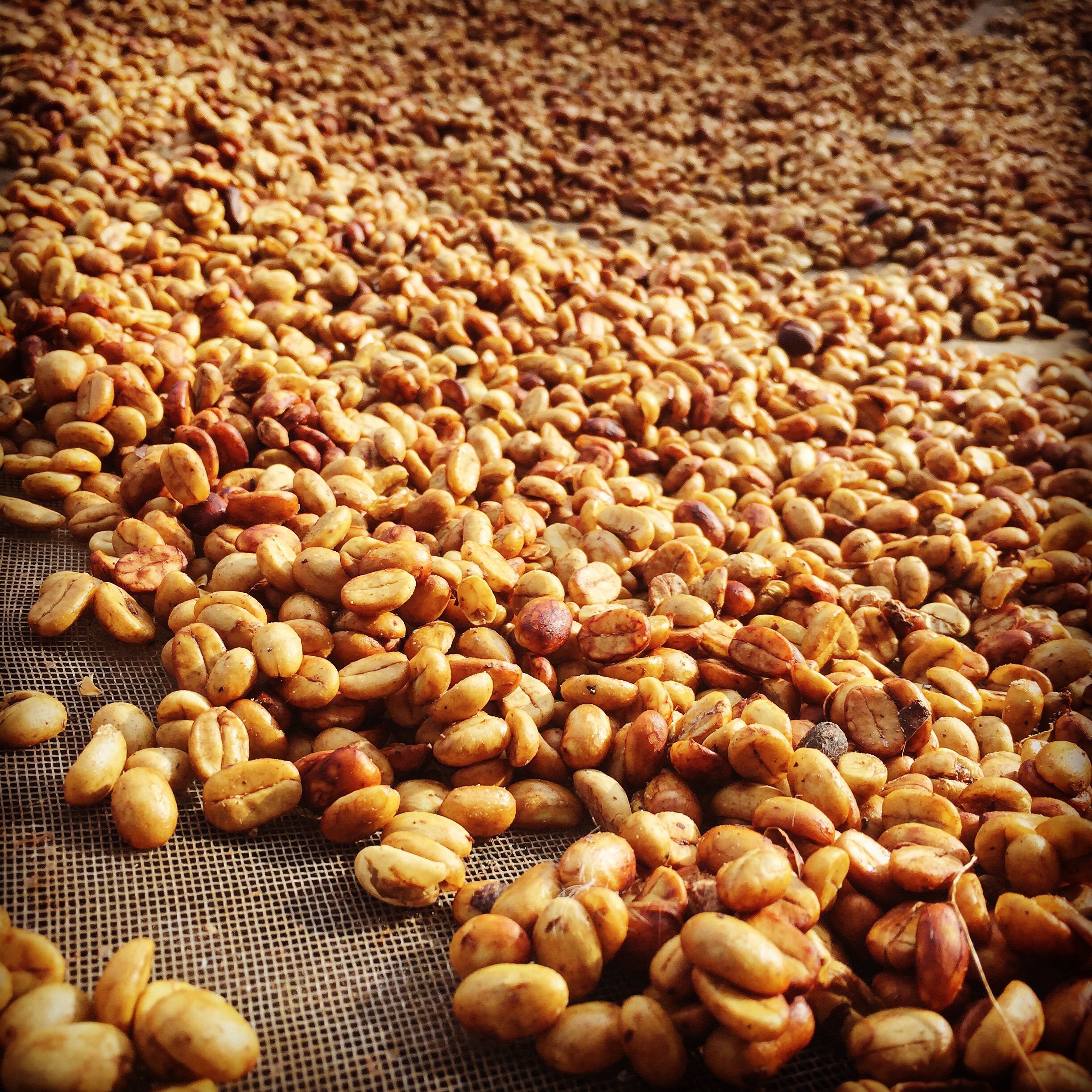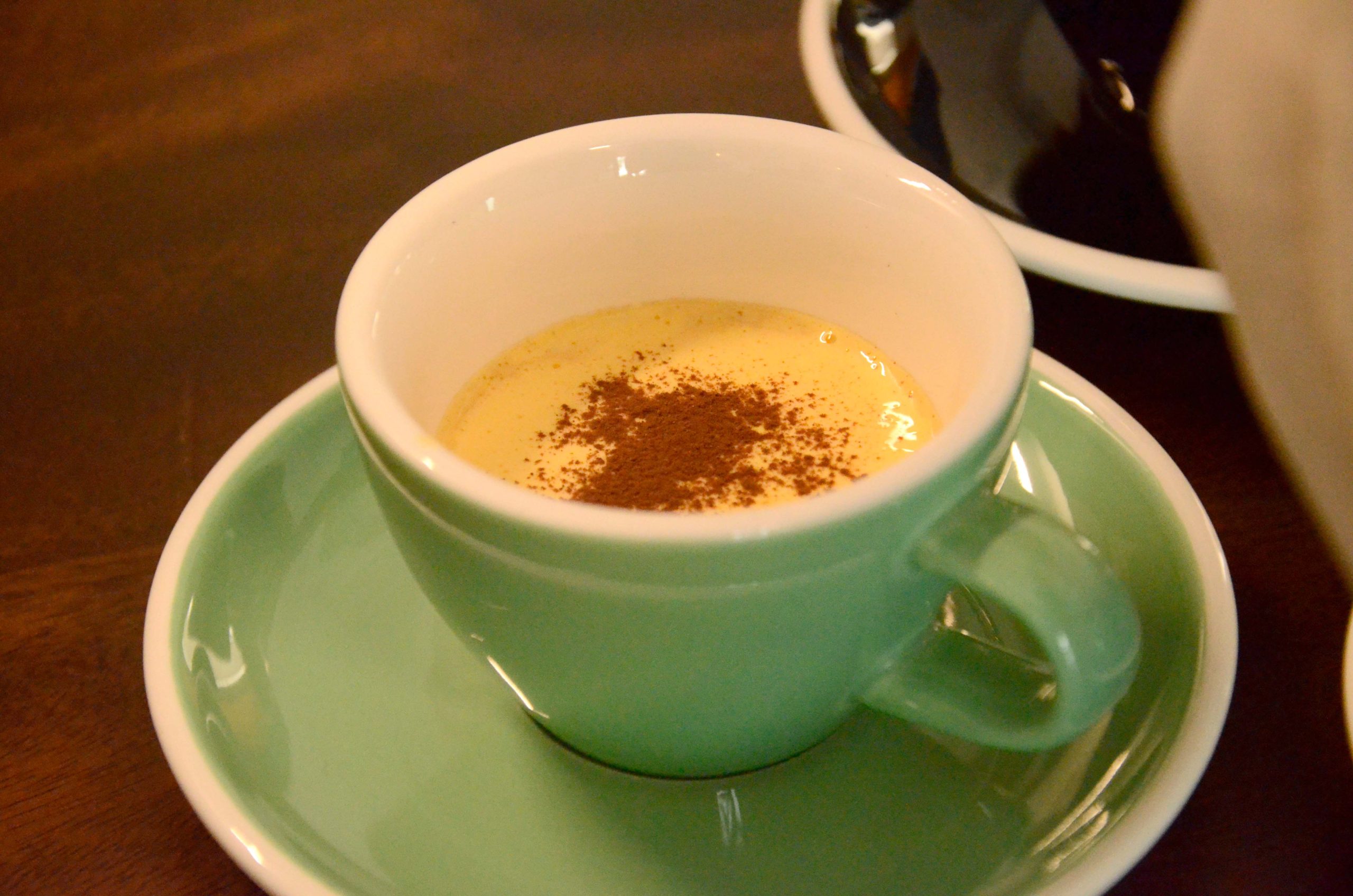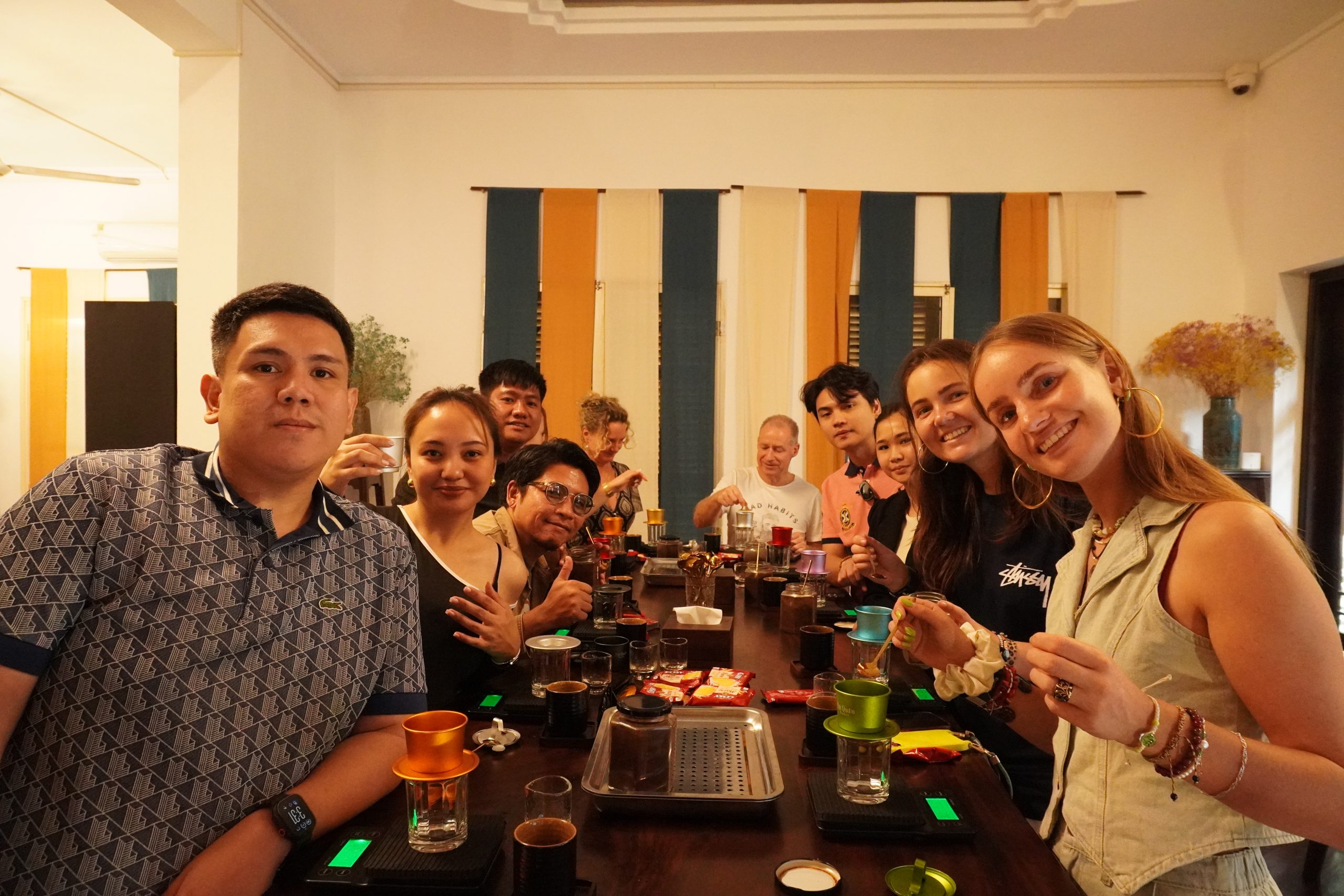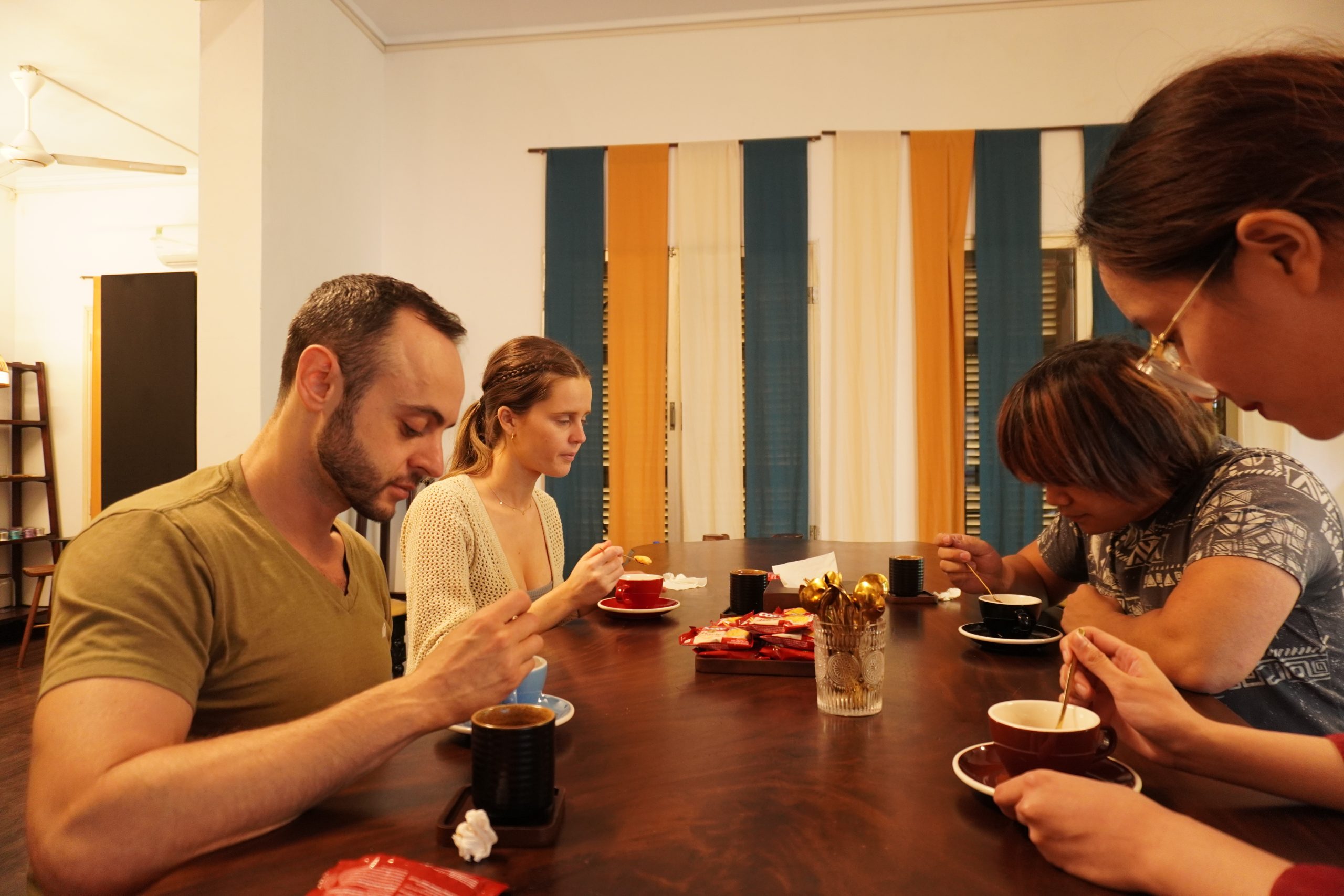Coffee and Vietnamese Culture: A Daily Ritual and Business Staple
Vietnam is the world's second-largest coffee producer, and our coffee culture is deeply ingrained in the daily life and social fabric of its people. From bustling urban centers to serene rural areas, coffee isn't just a drink; it's a way of life, a social glue, and an essential element in business dealings. This article explores the significance of coffee in the daily lives of Vietnamese people and its crucial role in cultural communication and business.
Coffee in the Daily Life of Vietnamese People
Morning Ritual
In Vietnam, coffee is more than a morning pick-me-up; it’s a ritual that marks the start of the day. The streets of cities like Hanoi and Ho Chi Minh City come alive with the aroma of freshly brewed coffee as vendors set up their stalls. Many Vietnamese begin their day with a cup of cà phê sữa đá (iced coffee with condensed milk) or cà phê đen (black coffee). The preparation of these beverages is a slow, deliberate process, often using the traditional phin filter, which allows coffee to drip slowly, enhancing its rich, robust flavor.

Social Gatherings
Coffee is an integral part of social gatherings in Vietnam. Cafés are ubiquitous, ranging from sleek, modern establishments to quaint, hole-in-the-wall joints. These cafés serve as social hubs where friends meet, families bond, and couples enjoy time together. Unlike the fast-paced coffee culture in many Western countries, Vietnamese coffee culture is leisurely. People often spend hours sipping their coffee, chatting, and enjoying each other’s company. This slow-paced enjoyment of coffee reflects the Vietnamese appreciation for community and connection.
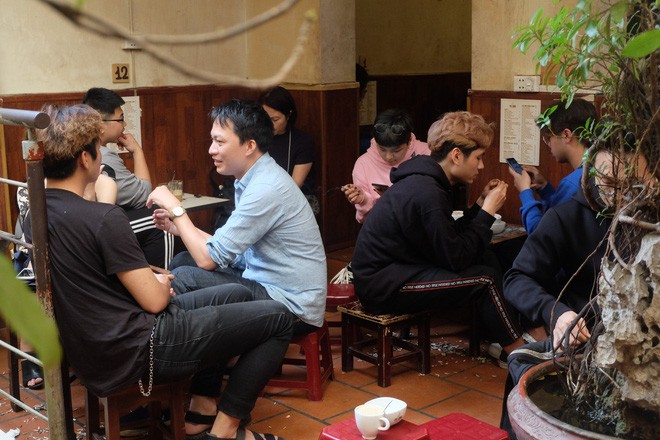
Family and Tradition
In Vietnamese households, coffee also holds a place of honor. It is common for families to gather in the morning or after meals to share a pot of coffee. This practice is not just about drinking coffee; it’s about spending quality time together, sharing stories, and maintaining family bonds. The process of making coffee is often a family affair, with each member contributing to the preparation and serving, reinforcing the sense of unity and togetherness.

The Importance of Coffee in Cultural Communication and Business
Coffee as a Medium of Communication
In Vietnamese culture, coffee is a medium of communication. It transcends social boundaries and brings people together. When friends or acquaintances want to catch up, they often invite each other for coffee. This simple invitation opens the door to conversations that strengthen relationships and foster mutual understanding. The café setting provides a neutral ground where people can freely express themselves, discuss ideas, and build connections.
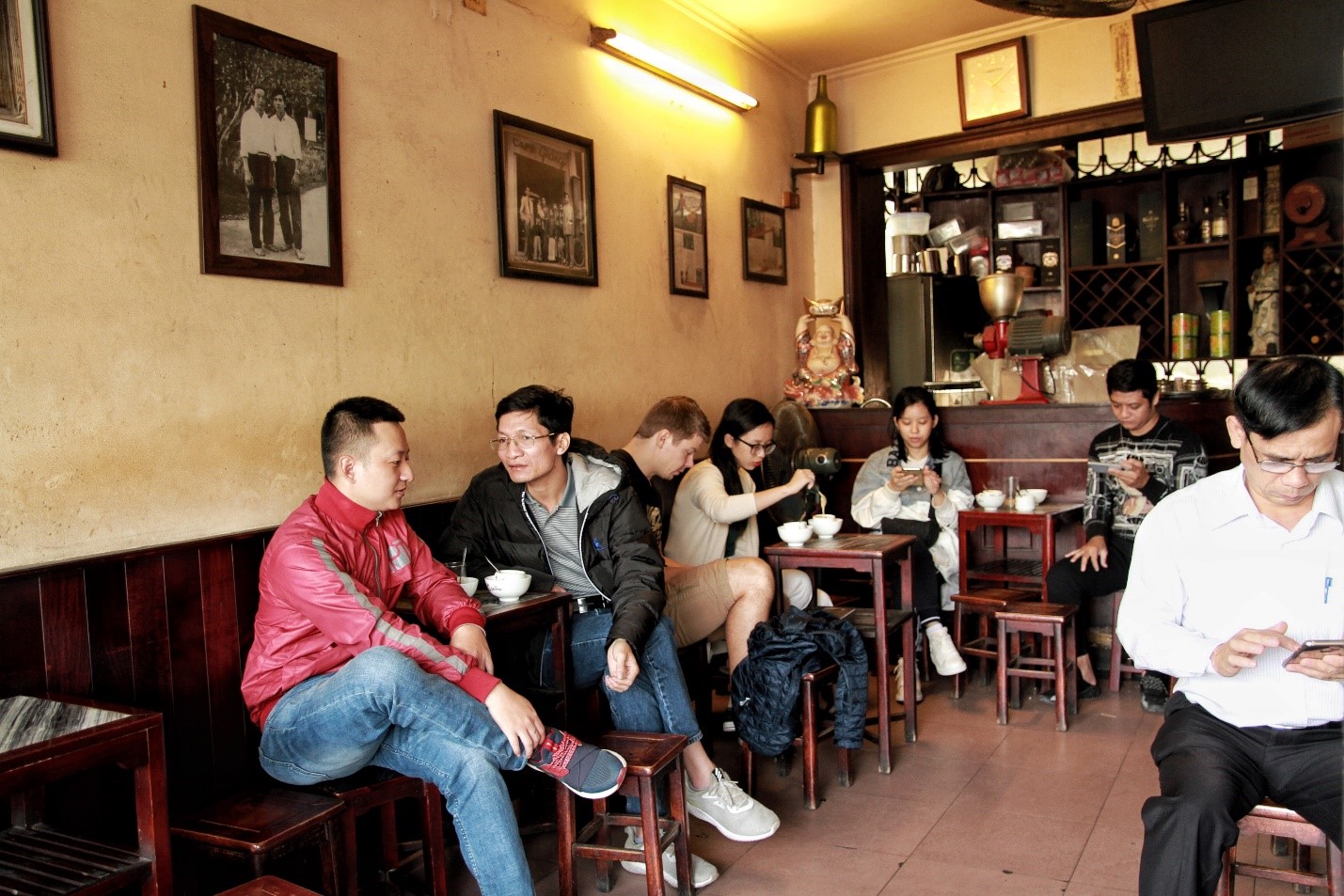
Business Meetings and Networking
In the realm of business, coffee plays a pivotal role. It is customary for business meetings in Vietnam to be conducted over coffee. Whether discussing new ventures, negotiating deals, or networking, the informal setting of a café helps break the ice and create a more relaxed atmosphere. Sharing coffee allows for more personal interaction, which is essential in Vietnamese business culture, where building trust and relationships is crucial.
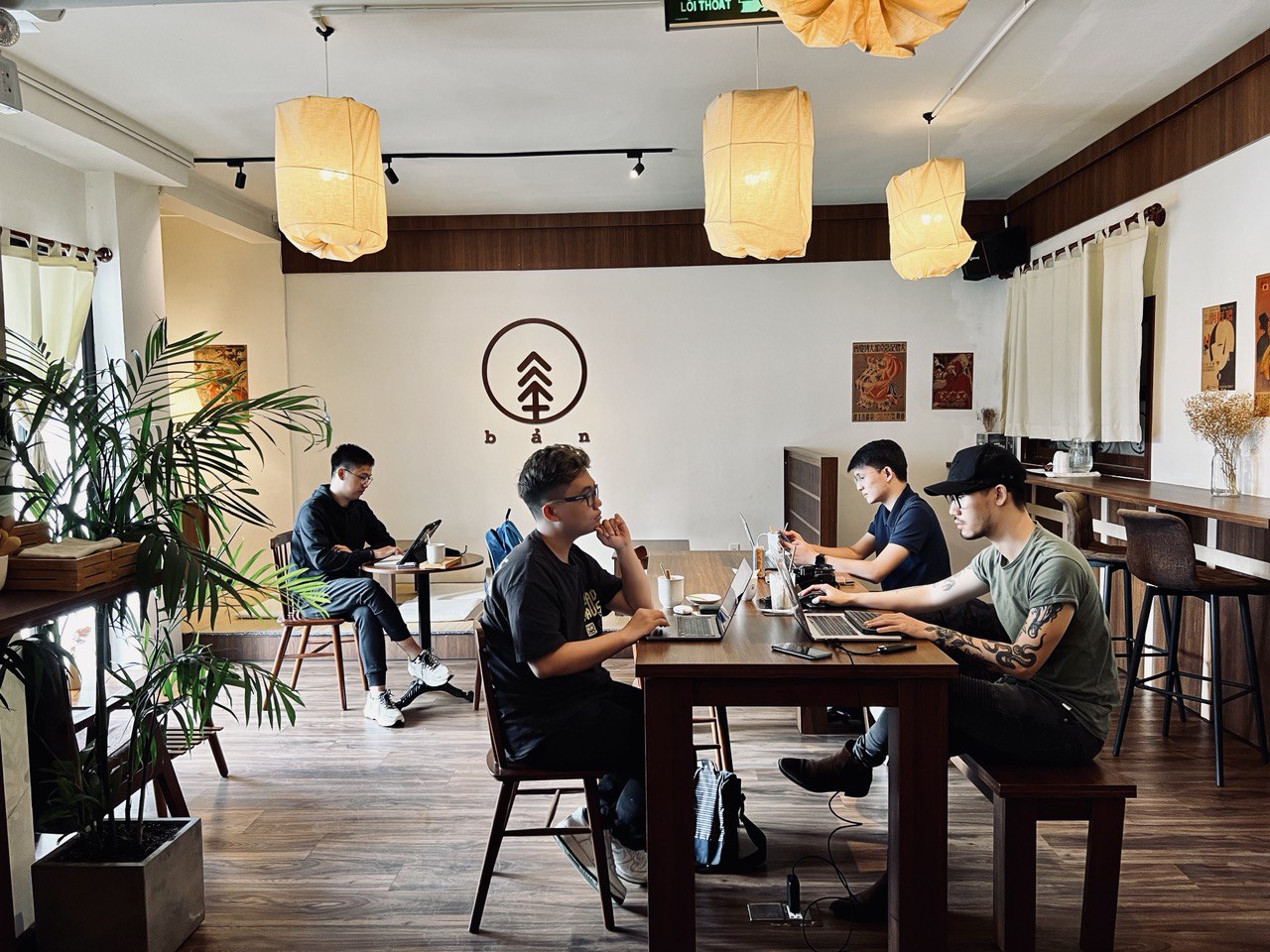
Vietnamese business people often invite clients and partners to coffee meetings as a gesture of goodwill. This practice underscores the importance of hospitality in Vietnamese culture. By offering coffee, the host demonstrates respect and a willingness to foster a positive relationship. The casual environment of a café allows for more open and honest communication, which can lead to more successful business outcomes.
Cultural Symbolism
Coffee in Vietnam is also rich in cultural symbolism. The traditional phin filter method is a metaphor for the Vietnamese way of life: patient, meticulous, and deeply connected to tradition. The slow drip of the coffee represents the value placed on taking time to do things right, savoring each moment, and appreciating the small details.
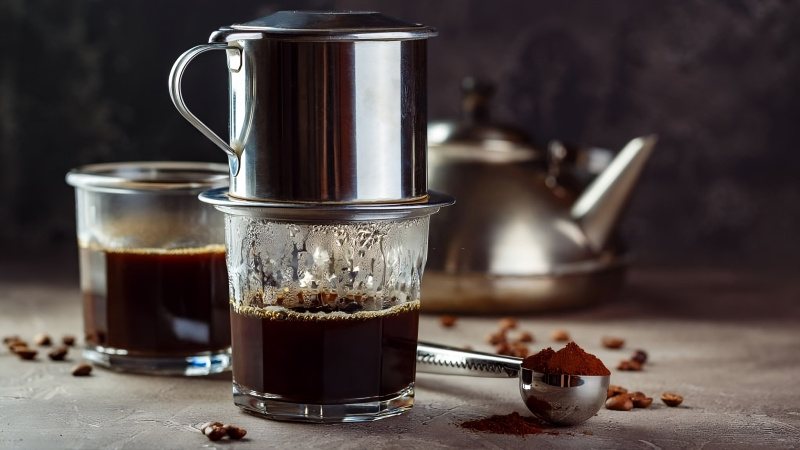
Moreover, the different styles of Vietnamese coffee, from the strong and bitter cà phê đen to the sweet and creamy cà phê sữa đá, reflect the diversity and richness of Vietnamese culture. Each region of Vietnam has its unique coffee traditions and preferences, showcasing the country’s cultural variety.
Coffee Shops: The Heart of Vietnamese Coffee Culture
Variety and Ambiance
Vietnamese coffee shops are as diverse as the coffee they serve. They range from chic, modern cafés to traditional street-side vendors with small plastic stools. Each type of café offers a different ambiance, catering to various preferences and social settings. Modern coffee shops often feature contemporary designs, Wi-Fi, and air conditioning, attracting young professionals and digital nomads. In contrast, traditional street cafés offer a more authentic experience, with their simple setup and bustling street views.
Creative Blends and Unique Offerings
Vietnamese coffee culture is also known for its creativity. Besides the popular cà phê sữa đá and cà phê đen, there are unique concoctions like egg coffee (cà phê trứng), which combines coffee with whipped egg yolk and sweetened condensed milk, creating a rich, custard-like beverage. Another popular variant is yogurt coffee (cà phê sữa chua), which mixes coffee with creamy yogurt for a refreshing treat. These innovative drinks reflect the Vietnamese spirit of creativity and adaptability.
Coffee and Vietnamese Identity
National Pride
Coffee is a source of national pride for the Vietnamese. The country’s journey from a war-torn nation to a leading coffee exporter is a testament to the resilience and hard work of its people. The success of Vietnamese coffee on the global stage has bolstered national pride and contributed to the country’s identity. Vietnamese people take pride in their unique coffee traditions and are eager to share them with the world.
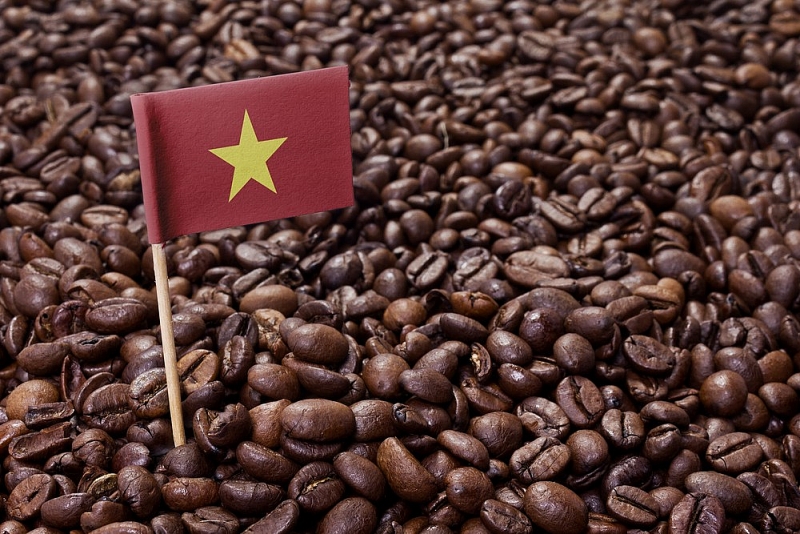
Cultural Exchange
Vietnamese coffee culture has become a bridge for cultural exchange. With the growing popularity of Vietnamese coffee globally, more people are becoming interested in Vietnamese culture. Coffee shops in Vietnam often serve as cultural hubs where tourists and locals can interact, exchange stories, and learn from each other. This exchange enriches both the visitors’ experience and the local culture, fostering a deeper understanding and appreciation of Vietnamese traditions.

At the forefront of this cultural exchange is Su Quan Roastery, a unique establishment that serves both as a coffee workshop and a cultural hub. Su Quan Roastery provides foreign tourists with an immersive experience where they can learn to prepare five types of traditional Vietnamese coffee. This hands-on experience not only educates visitors about the various brewing methods but also delves into the rich history and cultural significance of Vietnamese coffee.
By participating in these workshops, tourists gain a deeper understanding of the intricate process behind each cup of coffee, from selecting the beans to mastering the traditional phin filter technique. Additionally, Su Quan Roastery offers storytelling sessions where visitors can learn about the historical journey of coffee in Vietnam, its role during the French colonial period, and how it became an integral part of the daily life of Vietnamese people.
These interactive experiences at Su Quan Roastery go beyond mere coffee tasting; they create a cultural dialogue that bridges the gap between visitors and the local community. Through these sessions, tourists and locals can exchange ideas, share their coffee experiences, and build a mutual appreciation for each other's cultures. This enriching exchange not only enhances the visitors' experience but also promotes a deeper understanding and appreciation of Vietnamese coffee traditions and culture.
Conclusion
Coffee is more than just a beverage in Vietnam; it is a vital part of daily life, a medium of cultural communication, and a cornerstone of business interactions. Its role in social gatherings, family traditions, and business meetings highlights its significance in Vietnamese culture. The rich variety of coffee drinks and the unique café culture reflect the diversity and creativity of the Vietnamese people.
As Vietnam continues to share its coffee culture with the world, coffee remains a symbol of national pride and a means of cultural exchange. Whether you are savoring a cup of cà phê sữa đá on a bustling street corner or discussing business over a meticulously brewed phin coffee, you are partaking in a tradition that is deeply woven into the fabric of Vietnamese life. Through establishments like Su Quan Roastery, the world can appreciate the depth of Vietnamese coffee culture and the stories it tells, fostering a global community united by the love of coffee.
